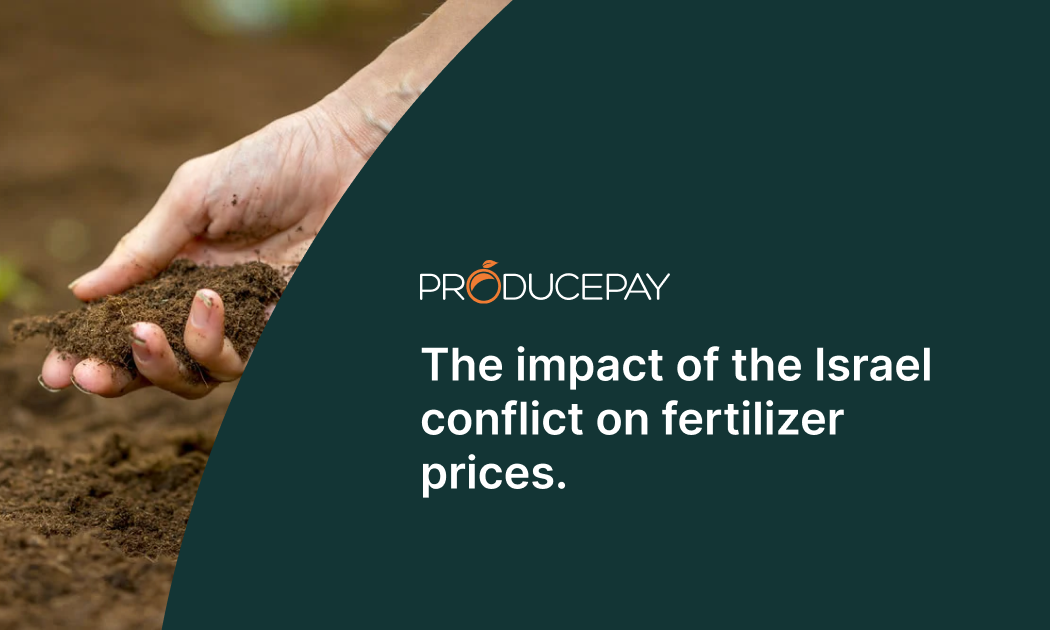
The impact of the Israel conflict on fertilizer prices.
Political tensions in the Middle East have escalated due to the ongoing conflict between Israel and Hamas in the Gaza Strip. This situation could have a significant economic impact on the agricultural sector, particularly regarding the potential rise in energy and fertilizer prices.
There are several compelling reasons for the heightened level of concern:
- Disruption to Supply Chains: The renewed conflict could disrupt global food trade, leading to increased prices for agricultural inputs.
- Rising Food Costs: If the costs of agricultural inputs rise, it will lead to higher production expenses, eventually impacting the prices of farm products. This could adversely affect the economies of many countries recovering from high inflation.
- Global Economic Impact: The Middle East plays a vital role in the energy sector, and if oil and natural gas prices increase, it will reverberate through global agricultural production, affecting efforts to curb global inflation.
Israel’s Key Role in Fertilizer Geopolitics
The port of Ashdod, situated in the southern city of the same name along the Mediterranean coast of Israel, is one of the world’s major potassium export hubs. Any shipping restrictions there would have an immediate impact.
Currently, the port is operating normally, and expectations are that potassium trade through the port won’t decrease, suggesting there won’t be a significant spike in potassium fertilizer prices.
However, if the conflict escalates, significant shifts in capital to the Middle East could occur. Capital might flow toward safer investments, such as the US dollar, which could, at some point, increase costs for imports and exports in the region. In that event, potassium prices would likely rise.
If a larger-scale regional war breaks out, many supply chains would be affected, as the Middle East is pivotal for international food and agricultural input trade.
Potential Surge in Oil Prices
Experts predict escalating the conflict could drive oil prices to $150 a barrel. This is significant because oil prices typically have a cascading impact on agricultural production costs.
Not only is agricultural machinery and transportation dependent on diesel, a petroleum-derived fuel but so is the production of all plastic inputs. Additionally, the fertilizer industry relies on oil for energy, while natural gas is a crucial input for fertilizer manufacturing.
How We Can Assist You
In light of the possibility of rising fertilizer costs due to the Israel conflict, ProducePay stands as your ideal partner. Our Pre-Season financing provides the capital needed to manage your seasonal expenses, including securing your fertilizer supply and safeguarding your crops and profitability.
Sources: CRU Group, Agriculture Dive, MercoPress, Feed Navigator
